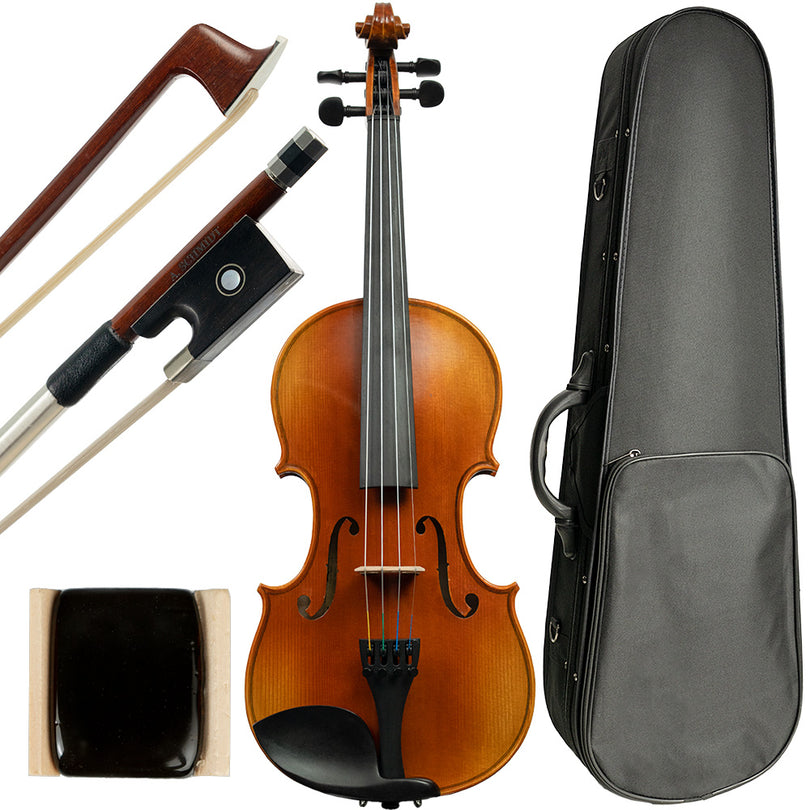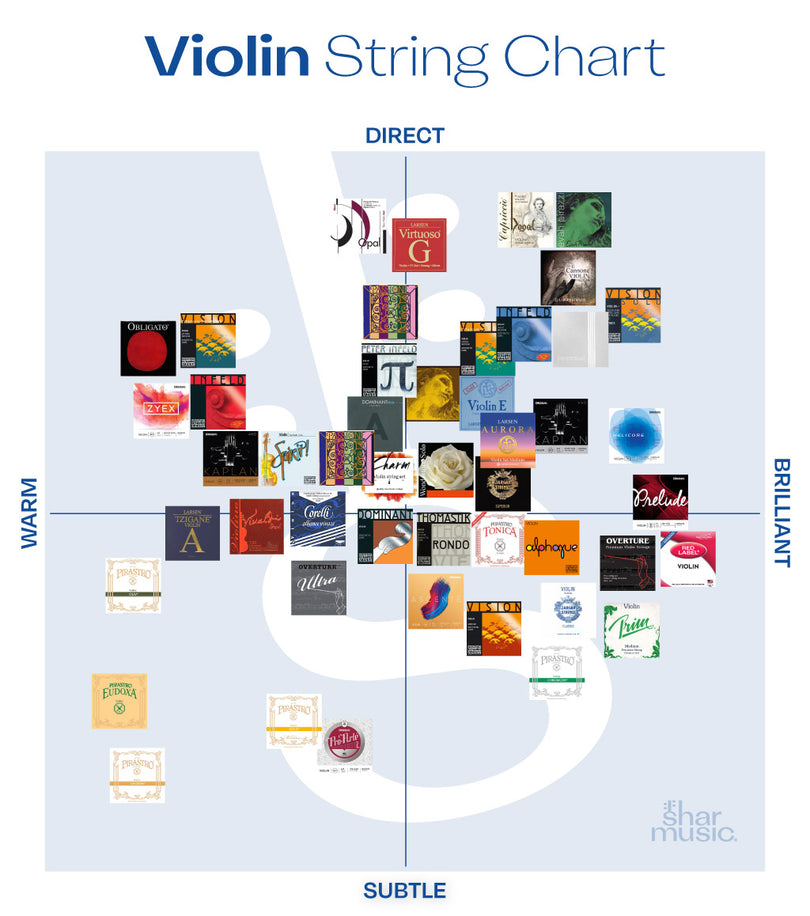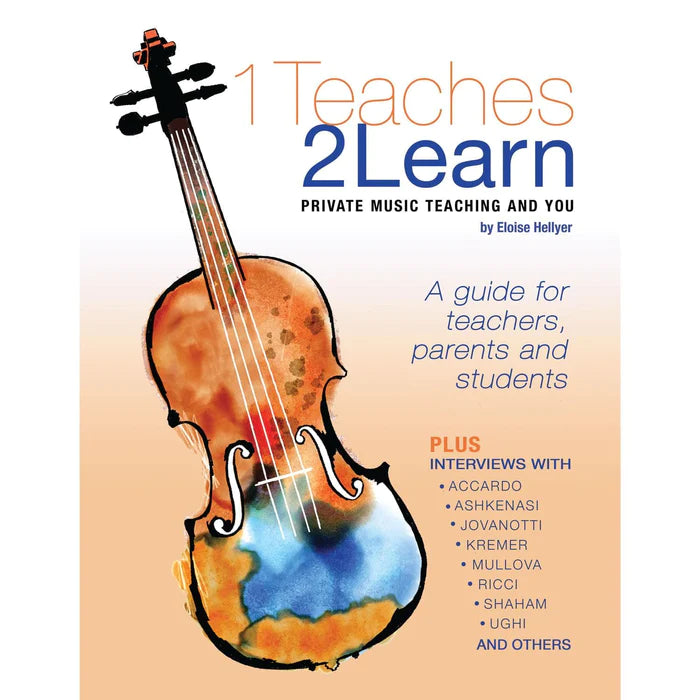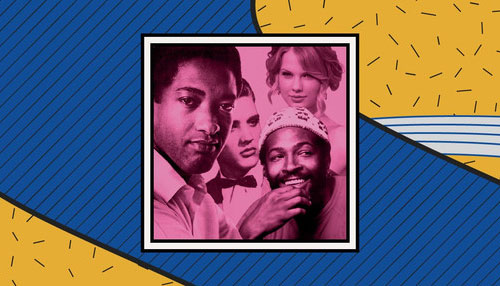You never want to blow an audition. As Shar Music cohort and neighbor (okay, we’re in Ann Arbor, Michigan – he’s from Eight Mile in Detroit) so memorably says: “You only get one shot/ This opportunity comes once in a lifetime, yo.” So seize that opportunity. There are a common set of pitfalls that can ruin any audition. We here at Shar Music® have drawn up a list of them, and we’ve got your back.
So here’s some advice. (We like giving advice.) Here are the top five mistakes that you should avoid when it comes to auditions – and how to avoid them:

5) Arriving late to your audition
You should never be late to anything, really. In an ideal world, at least. But things happen. You spill coffee on your shirt. There is no coffee left in the house, and you need to make an unscheduled Starbucks run. The cat gets her claws stuck in the drapes and you have pull her down while avoiding destroying the drapes somehow. Anything can happen to make you late.
Being late adds stress and, of course, makes you look unprofessional. And arriving at an event at the last second gives you no time to warm up. No one wants to jump into playing in front of a judge without a moment to catch their breath. So don’t be late.
And if practicing and warming up is the thing making you late for the audition, this needs to be changed too. It doesn’t matter if you’ve rehearsed for forty hours in a row if that preparation is undone by thirty seconds of lateness-related stress.
Just think, you’ve rehearsed for hours and hours. Now you’re ducking down hallways, frantically searching for the right room. Where’s all that calm preparation now? Destroyed by your flop-sweat-drenched plea to the receptionist to please just help you find room 202B. Not A, but 202B.
…But no one likes being lectured about being late. So how about a few tips instead?
Try setting your clock forward by an odd number of minutes:
Even numbers are too easy to remember and fail as a life-hack. If you set your clock forward by ten minutes, you’re still going to know that it’s actually 10:20, not 10:30.So the night before, set your clock forward by a weird amount, say, seven minutes, or thirteen.
And vary that amount, too. If the clock reads 10:42, are you going to remember that the night before, you pushed it forward by eighteen minutes, so actually it’s only 10:24? You won’t, and if you catch yourself subtracting – well, that’s a good time to remember that you shouldn’t be subtracting at all. Instead, you should be getting out the door.
Have empathy for the person waiting for you:
They’re a real person – real as you are. Visualize them ticking a pen impatiently against a piece of paper, checking the time on their phone. Do you like waiting? No. You don’t. Remember that. Visualizing the person waiting for you as real, personalizing them so they’re not just part of a larger abstract “audition” scenario – doing this will help keep you on track.
If all else fails, have people call you. Sometimes, we have trouble listening to our own brains, but we’ll easily listen to someone else. Have your mom call you that morning. Have your best friend call. Then, get out of the house.

4) Forgetting stuff
“You miss 100% of the shots you don’t take.” So said Wayne Gretzky. He was speaking, of course, about hockey. But the statement is universal. This audition is your shot, and you’re taking it. Good for you!
But wait. If you don’t show up with the equipment you need (bow, rosin, what have you), then the purpose of the audition is moot. Without the correct gear, you don’t even get a shot at taking a shot.
Make a list, have your friends call you, pack everything the night before, put a note on your front door: the ways to avoid leaving equipment at home are blatant and obvious – but not as obvious as the look of shame on your face when you realize you left your shoulder rest at home. (And borrowing one at the audition isn’t a great look either.)

3) They ask for THAT excerpt
Before an audition, you’re given an extensive list of string music excerpts to rehearse – but you only find out which one you’re going to play right before you play it. This can be a great source of stress.
Naturally, you’re going to need to practice and rehearse them all, but there’s always going to be that excerpt (or two or three or four of them). That except is the one you dread having the judges select.
And you’ll either avoid practicing “that excerpt” because you hate it so much, or practice it so much that it loses all meaning – so that you can’t even tell if your performance has improved or not. When this happens, it’s time to take a step back.
When you think about it, you’ll realize actually hate Mahler’s Symphony No. 9 (for example). It’s causing trouble for you, sure – but the important thing here is to avoid focusing on the song itself. Take a step back and figure out what the overall problem is. You find the piece difficult – what’s the reason for that?
Most likely, the roadblock you’re running into involves your technique. It wasn’t that a specific composer who lived centuries ago really had it in for you, or just wrote impossible-to-play music. It’s more likely that your flying staccato needs some work. Or your sul ponticello. Or your… you get the idea.
Don’t focus on the specific song. Figure out what technique is giving you trouble in general, and practice that on other pieces. Then come back to that excerpt with your new knowledge. You’ll find it easier; you’ll learn more about your process and technique, and you’ll learn skills that you can apply to all the excerpts, rather than obsessively playing a single piece until your ears bleed.

2) Self-doubt
A professional baseball player has 425 to 450 milliseconds between the time a pitch is thrown and the time it reaches the plate. It takes 150 milliseconds to swing a bat. That leaves tens of milliseconds to decide whether a pitch is in the strike zone.
Scientists have pointed out that this isn’t enough time for the human brain to make a decision – and they’re right; it’s not.
If a baseball player uses the frontal section of their brain (where active decision-making takes place) … well, it’ll take too long. The pitch will be over the plate already.
Jason Sherwin – who works as an expert in high-speed decision-making with Major League Baseball – began as a classical musician. He says that like a pro baseball player, a professional classical musician doesn’t have time to make a logical decision. Instead, they rely on learned reaction and visual cues, rather than fully formed thoughts.
…All of which is to say that overthinking things can be a problem. Self-doubt doesn’t just have the effect of making you appear self-conscious on a stage – the time it takes up can actually inhibit your playing ability, whether you’re playing sports or playing a stringed instrument. So the key is to just… relax.
Easier said than done. Just being told to “relax” makes most people feel unrelaxed. In fact, being told to relax might give you a case of our number one audition stumbling-block…

1) Nerves
Yes, NERVES. The number one problem. And clearly, there’s a strong correlation between nerves and self-doubt. If we’re confident in a situation, then we don’t get nervous, duh. So, how do we combat a bad case of nerves? Here are a few suggestions:
Look at the situation through the eyes of another:
Think about it. Who are we the hardest on? Ourselves. Have you ever dropped a plate in the kitchen and groaned to yourself: “I’m a complete idiot”? You probably have – we say things like this to ourselves all the time without thinking about it.
Now, if your friend dropped a plate in the kitchen, would you say to them: “You’re a complete worthless idiot!” You would not. And if you were standing next to your friend and they called themselves an idiot, what would you say to them? That’s right. You’d say: No. You’re not. Calm down. Relax.
So one way to relax is to treat yourself with the same kindness that you would treat a friend.
So if you’re thinking to yourself, “I’m totally going to blow this audition,” then ask yourself what your friend would say. They’d say, “You’ve practiced, you’ve rehearsed, you know the requested excerpts: you’re ready to go.” There. We’re feeling more relaxed already.
Remove judgmental words from your thinking:
Let’s look at a thought like this: “Oh, I suck at the excerpt they picked. I’m totally going to blow this audition.” “Totally” – as in absolutely and completely. 100% guaranteed. How many guarantees do we get in life? Not a ton. Even assuming you’re the worst violin player in existence (another absolute thought, and one that’s impossible to verify), but even assuming that, it’s still not guaranteed that you’ll blow an audition. Nothing is guaranteed completely.
Look it from another point of view. If you were waiting in line with at an audition and they said: “I am going to crush this audition, 100% guaranteed. There is not a single doubt in my mind. The rest of you should just go home now.” …Well, besides finding that person off-putting and more than a little arrogant, wouldn’t you also think that person was a delusional? They’re absolutely going to win the audition and get the job? No doubt whatsoever? They’re sure?
Here we see the problem with extremely rigid thinking. It’s unrealistic. Thinking you’ve got an audition in the bag can lead to lack of preparation, which can lead to… messing up and blowing the audition. Conversely, being convinced that you’ll going to suck can increase your self-doubt, inflicting the performance problems that we discussed in the previous section.
So avoid rigid, unrealistic thinking. It’s not valid and avoiding it will help you relax.
Keep a record of all that you’ve done:
There are other ways to reduce stress, of course. Reciting positive affirmations when you wake up in the morning, for example. And surrounding yourself with supportive people. These are great, and extremely helpful for reducing stress and nerves. But for our last piece of advice, let’s focus on something non-vague and very concrete: keeping a record of all that you’ve done.
Log your practice hours. Log your rehearsal time. Keep a list of the excerpts you’ve worked on and any other research that you’ve done for the audition. Keep a list of anything else you’ve done to prepare. Do you practice yoga, do physical exercise, breathing exercises, meditation? Do you surround yourself with positive people? Do you say positive affirmations? Did you get enough sleep the night before? Did you set your clock ahead? Did you pack your equipment the night before? Make a list of all that
Now. Take a look at that list before you step out the door. See all of that? Now you’re more relaxed. Now you’re ready to go.









